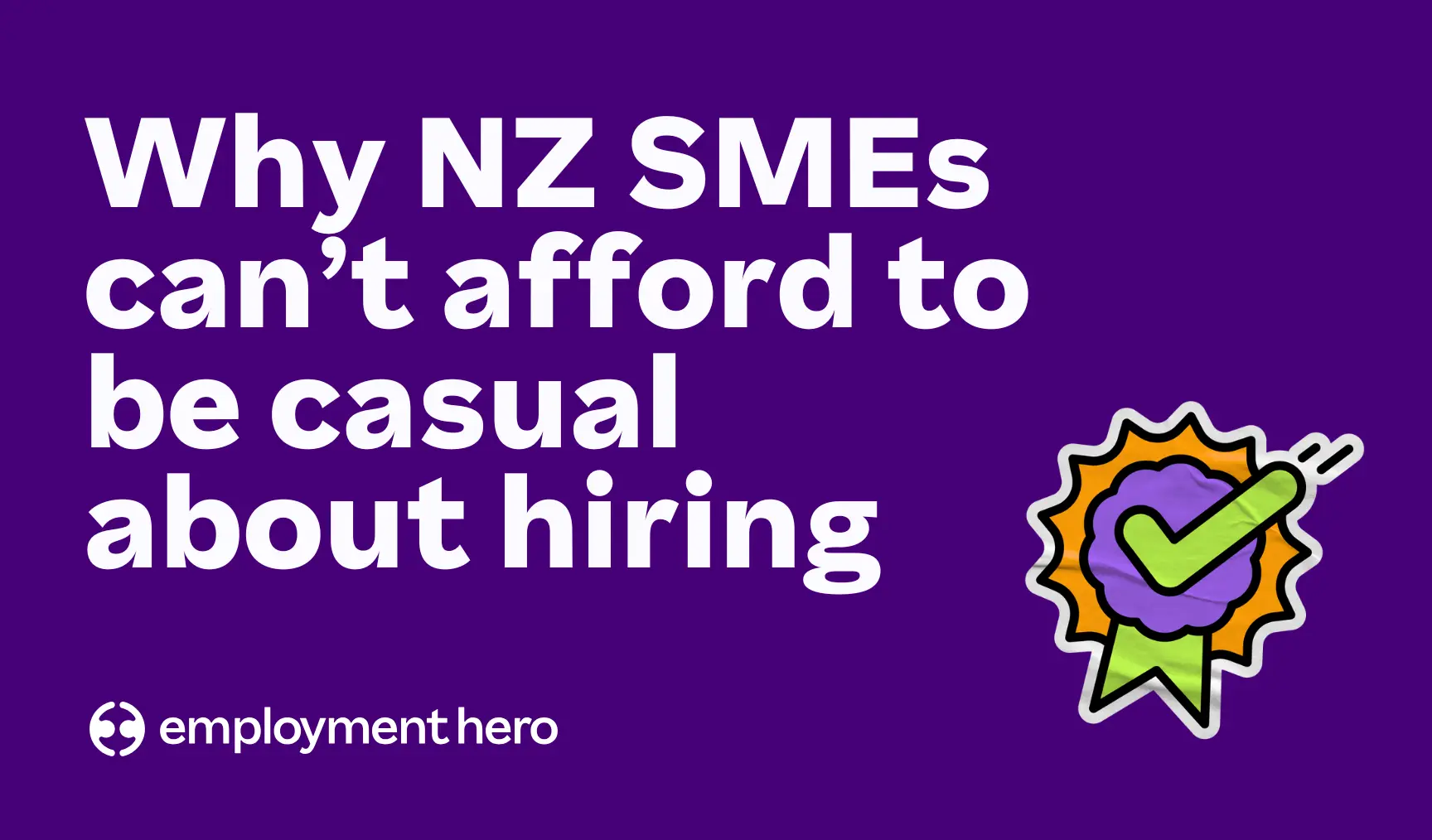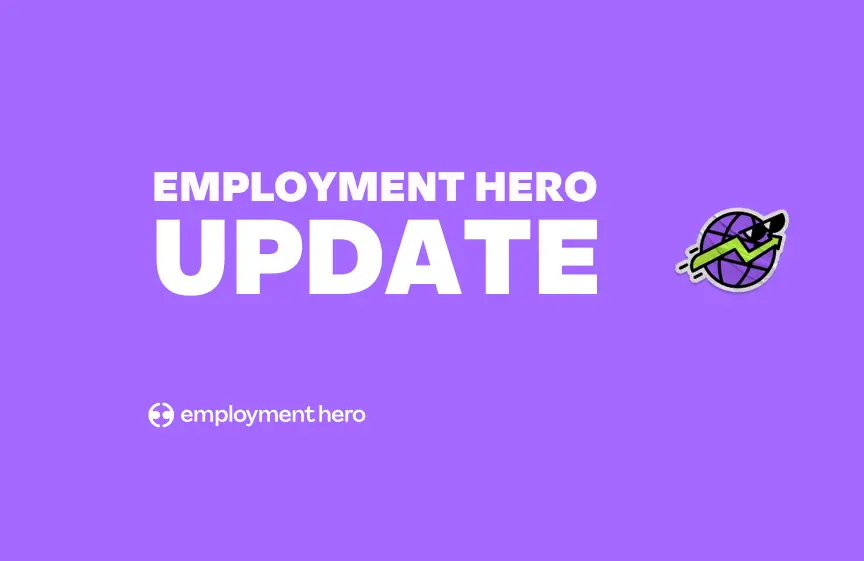How to support your employees during the housing market downturn
As the housing market downturn rocks New Zealand, learn how you can support your employees through this difficult time.

Contents
Times are challenging at the moment in New Zealand, with a cost of living crisis and daunting inflation. That’s not all – the country is also seeing a significant housing market downturn. Up until now, if you could get on the ladder, it was a seller’s market. Interest rates were at record lows, and houses could see their value increase rapidly in just weeks. If there’s one thing that shows just how much the New Zealand housing market grew at unbelievable levels, check out the animation below (shared from Reddit’s r/dataisbeautiful).
Now, the bubble has very much burst. The housing market is at a standstill, pausing a decades-long trend. It’s not just a concern for landlords or homeowners – this housing downturn is going to affect many everyday New Zealanders in the coming months. As an employer, this should be something you’re aware of. Financial wellbeing of employees has a huge impact on how your business runs – our Wellness at Work report found that 62% of New Zealand workers are stressed about their finances, which in turn can affect their happiness and productivity at work. Finding ways to support your team through financial challenges should be a priority.
Is there a housing crisis in New Zealand?
There’s certainly a downturn at the moment, but defining it as a crisis depends on what your measure of a crisis is. Some would say that an actual housing crisis has been happening for the last few years – there’s been a shortage of housing for lower income families, rent has skyrocketed in the larger cities and getting onto the housing market has been a huge uphill battle for first home buyers. However, it was also clear as the house prices escalated, there would be an eventual market peak and decline. In so far as the current situation is affecting all levels of wealth in New Zealand, and it doesn’t seem to have a clear solution yet, it could be seen as a crisis.
How do interest rates affect house prices?
While the escalation had to pause at some point, the current downturn has been triggered by a number of larger factors. Rising interest rates, designed to counter inflation caused by global economic uncertainty and supply chain disruptions, have made it harder for people to get manageable mortgage rates. Those who actually have the funds to get one are understandably hesitant. Interest rates have increased rapidly in the last six months, which has made mortgage repayments much higher and future home equity likely smaller. Unlike previous years, where mortgages were easier to secure and potential buyers were fighting to purchase houses before their prices rose even higher, now there’s far fewer buyers in the market. As the Real Estate Institute of New Zealand (REINZ) points out, those selling their houses are having to put their prices down to entice buyers. It’s gone from a seller’s market to a buyer’s market – if that buyer can (and wants to) get a new mortgage with the rising mortgage rates on offer. There’s no clear future either. The OECD just ranked New Zealand’s housing market as the most ‘at risk’ of a housing crash globally.
How can employers support their employees?
As national and global pressures start to bite into our everyday lives, employers can take this opportunity to demonstrate their commitment to their staff and ensure they’ve got a strong and happy team. This housing downturn is going to cause significant challenges for many New Zealanders, especially if they’re struggling to cover a growing mortgage or increasing rent. Here’s some ideas for how you can help support your team’s financial wellbeing.
Wellbeing initiatives
When aspects of financial wellbeing suffer, it’s easy for other aspects of wellbeing to struggle, too, such as physical and mental health. Make sure that you’re supporting your employees to take care of themselves during challenging times. This can include offering yoga and meditation at work, health insurance or even just encouraging regular breaks. One really important way to support your employees’ wellbeing is through offering an employee assistance program (EAP), which allows for confidential employee support by trained professionals.
Practical support and benefits
While mental and physical wellbeing is important, practical support and benefits can go a long way towards rebuilding the sense of security that financial wellbeing brings. Beyond increasing salaries, there are other monetary benefits that companies can offer. You could look to offer employees access to financial advice and discounts on a whole range of products, including practical home items. It’s also a good idea to discuss with your employees whether you can make any practical measures that will allow them to cut costs or make their home situation easier. This could include fuel discounts or allowing them to work remotely during the week so they can save the cost of the commute – or even move to somewhere cheaper. We’ve got an easy policy template you can use if you’re looking to introduce remote work to your business.
Strong communication
Lastly, an important thing that you or your managers can do for your employees during this housing crisis is to offer strong and open channels of communication. Talking about financial and personal pressure is a sensitive topic, so we’re not suggesting broaching anything candid here unless it’s volunteered by the employee. But ensuring that they trust that they can go to you if they’ve got suggestions or requests to make things less stressful can make a huge difference to their job satisfaction. In fact, our Wellness at Work report showed that New Zealand employees were 50% more likely to be loyal to an employer if they felt they were committed to their wellbeing. Making sure your employees are happy and feel listened to isn’t just a good moral decision – it’s a savvy business decision. One of the ways we support this through Employment Hero is through regular Employee Happiness Surveys, which provide a quick snapshot across the business.
The wrap-up
The New Zealand housing market downturn is going to make a difference to a lot of Kiwis over the coming months, in both direct and indirect ways. What you can do as an employer is be aware of the external pressures that will likely be affecting your team, and show your support. In turn, you’ll be able to see the benefits of a happier and more resilient team.
Related Resources
-
 Read more: Still Coasting? Why NZ SMEs Can’t Afford to Be Casual About Hiring
Read more: Still Coasting? Why NZ SMEs Can’t Afford to Be Casual About HiringStill Coasting? Why NZ SMEs Can’t Afford to Be Casual About Hiring
The casual approach to hiring is costing you – find out how to snap out of it.
-
 Read more: SEEK Cut the Cord. Here’s What We’re Doing About It.
Read more: SEEK Cut the Cord. Here’s What We’re Doing About It.SEEK Cut the Cord. Here’s What We’re Doing About It.
Seek is ending Employment Hero’s API access. Read about what we’re doing and how we are building a faster and…
-
 Read more: Product Update: May 2025
Read more: Product Update: May 2025Product Update: May 2025
Follow our May 2025 product update as we share all of the latest and greatest features we’ve released over the…











